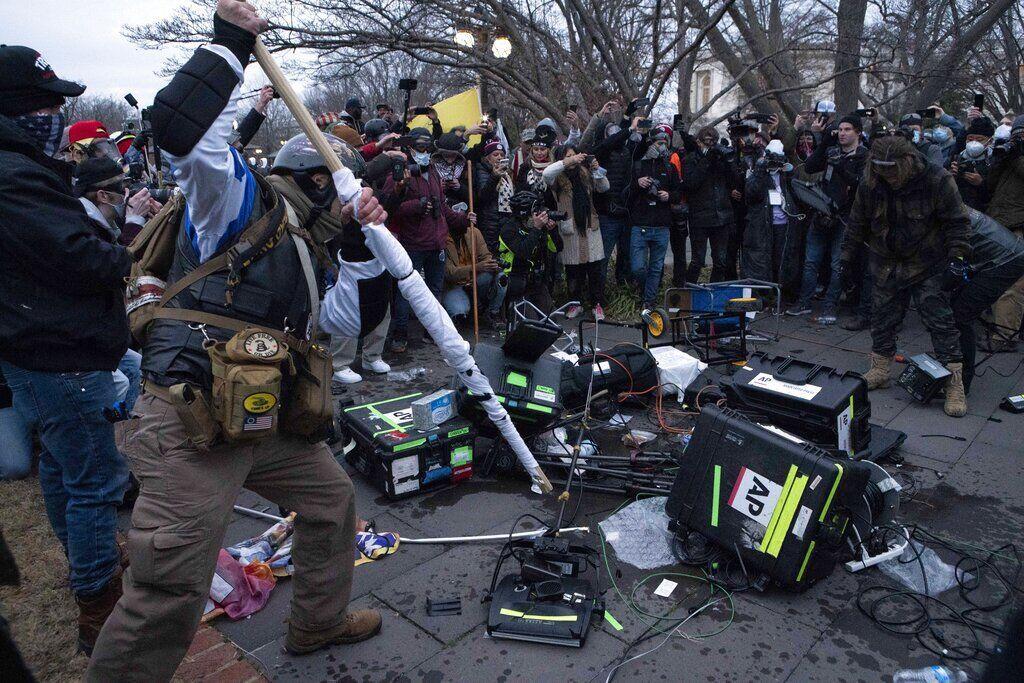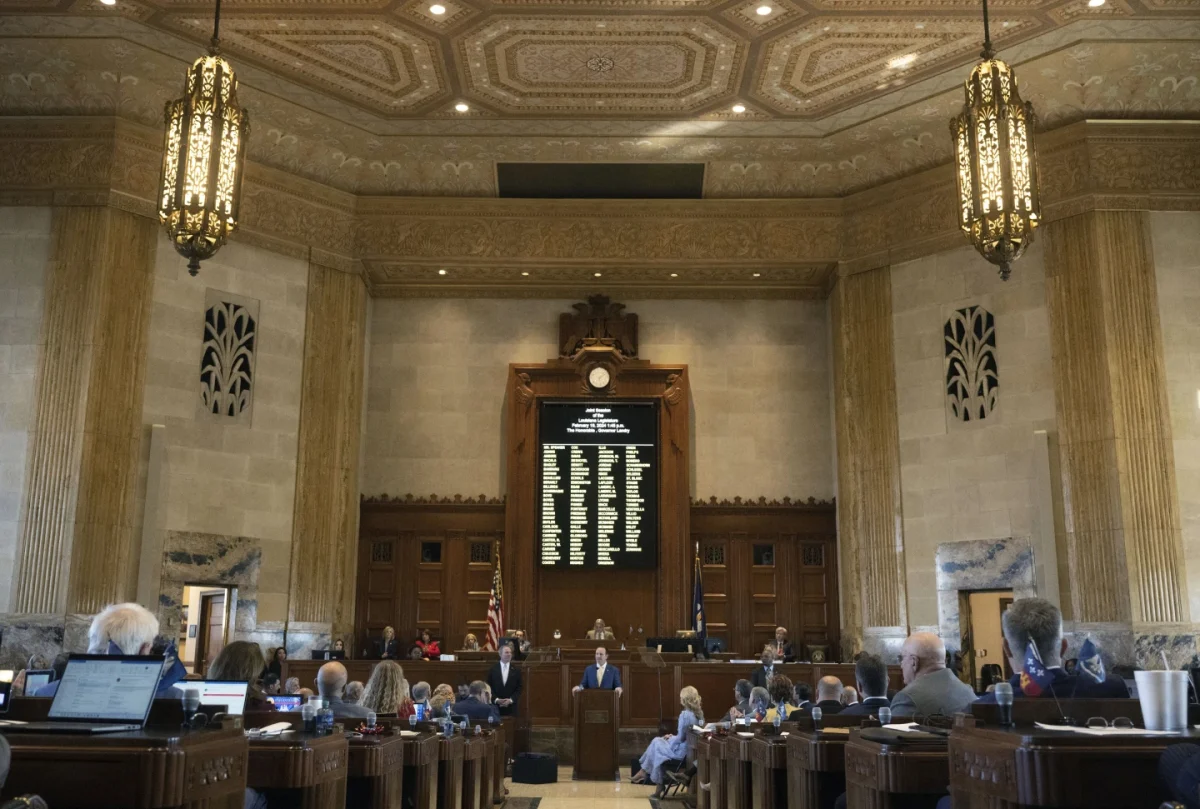LSU Mass Communication Professor Len Apcar gave the following remarks to his students at the Manship School of Mass Communication on Jan. 11, the first day of classes, nearly one week after rioters stormed the U.S. Capitol on Jan. 6.
It is impossible to begin a semester of journalism classes without commenting on the tumultuous recent events. I am sure the poignancy of this moment and the violent anger, much of it directed at the media, is not lost on your bright, young minds.
I know it raises questions that go to the very core of our national idea, as well as the work we train you to do at LSU and journalism schools around the country.
The media in all its layers of glory plays a fundamental role in democracy. It was a role so central to the minds of the Founding Fathers that they allowed a free press the sweeping power and protection of the First Amendment. People who mean to be their own governors, as James Madison so eloquently wrote, “must arm themselves with the power that knowledge gives.” Knowledge and democracy ignited a revolutionary idea then; an idea that seems under threat now.
The events of Jan. 6 stripped bare the anger and mistrust directed at our government and our media. The raging mob on Capitol Hill will tell you that it has no use for what we teach, no trust in reporting, no faith in attempts to be accurate and fair.
They might also say you are wasting your time; there is no career left for you. The industry will not be there as long as you need it to make a living. Just like coal miners or textile workers they knew. You’d be better off doing something people really need like becoming a programmer, a welder or learning to cook for a living. Those jobs have endless futures.
They are wrong. The media, like communication itself, will endure.
They also argue that by the very fact that you are in class today you are privileged, part of an elite, whether you are at a great public institution like LSU or a reporter for a prestigious media company like CNN, the Washington Post or Fox News.
They resent elites because they believe journalism gets it wrong or glorifies what they are not; the Hollywood stars or the Silicon Valley wizards or athletes making fortunes in the flash of a pro draft. They do not see themselves portrayed in print, the web or on television.
They are wrong but they have a point.
In their world, they know people struggling to hold on. They see jobs and wages shrinking and they don’t see that in mainstream media reports, though, of course, it is there more than they know.
They don’t like what they hear from some leaders of our country and abhor policy ideas that don’t seem to address their fears. And their fears are deep, fears that lead to sleepless nightsr, worse, violence or drug abuse.
There is no excusing ransacking the Capitol or any such violence. But among the raging leaders bashing windows and doors, there were the lost and disaffected who are just plain hurt. Media has failed to understand their bottomless fear of hopelessness, this movement, as President Trump called it. To journalists, the story has felt remote — even though it has been with us years. In the past decade, it welled up in regions far from media capitals.
Last week it was remote no longer. It broke into the rotunda of the Capitol.
Now the media must refocus and try again to understand, explain and portray. It needs to understand how it happened and why.
There will be appropriate investigations about security breaches and intelligence failures. Journalists also need to redouble efforts to understand the roots and passions behind the protest.
At the Manship School, we begin a semester of learning how to talk to people of any station in life and tell their stories; how to find people who illuminate the dreams and heartbreak in everyone’s lives. How to give voice to those who feel they have no voice.
We hear often that democracy itself is threatened. If so, a free press is equally threatened. So, let us rededicate ourselves to the essential principles of journalism — learning not only what happened and why, but what it means.
Let’s not kid ourselves. These journalism skills and the problems we shall address we will not master in a matter of months. But it is vital that we try.
Professor Apcar was a senior editor and reporter at The New York Times and the Wall Street Journal for more than 35 years.
Letter to the Editor: U.S. Capitol riot revealed distrust of media, importance of journalism
By Len Apcar
January 17, 2021
Demonstrators break TV equipment outside the the U.S. Capitol on Wednesday, Jan. 6, 2021, in Washington.
More to Discover








